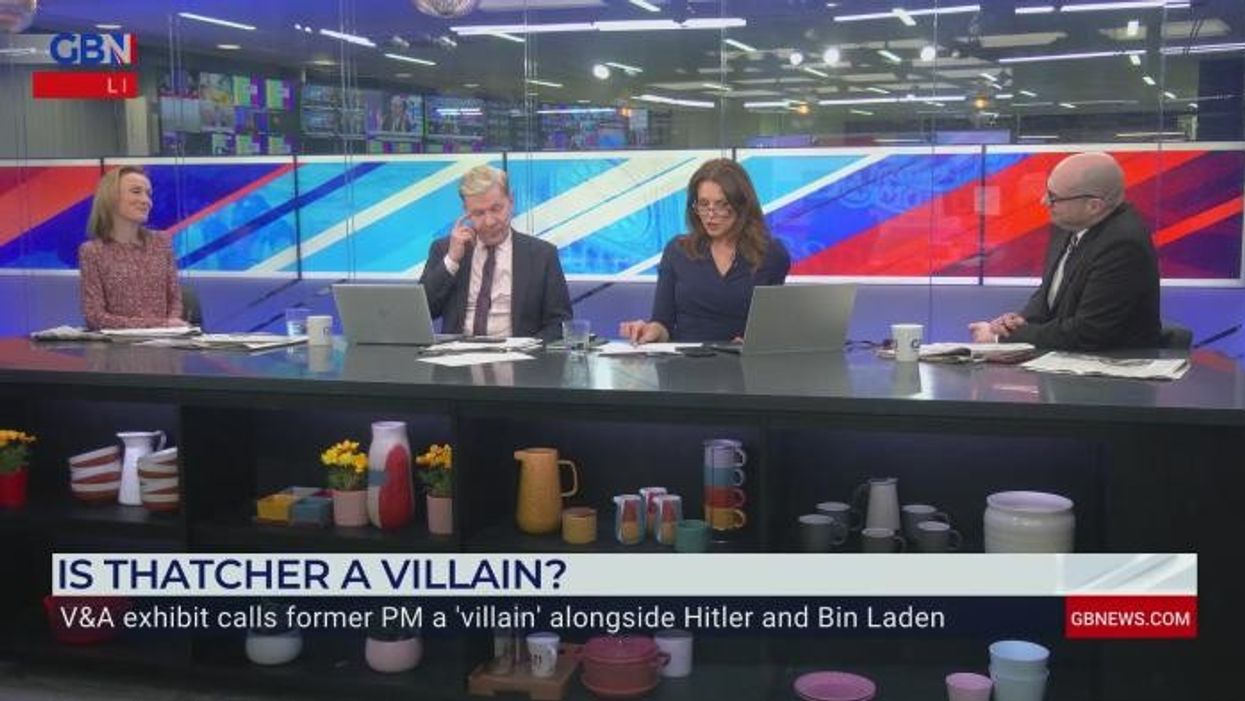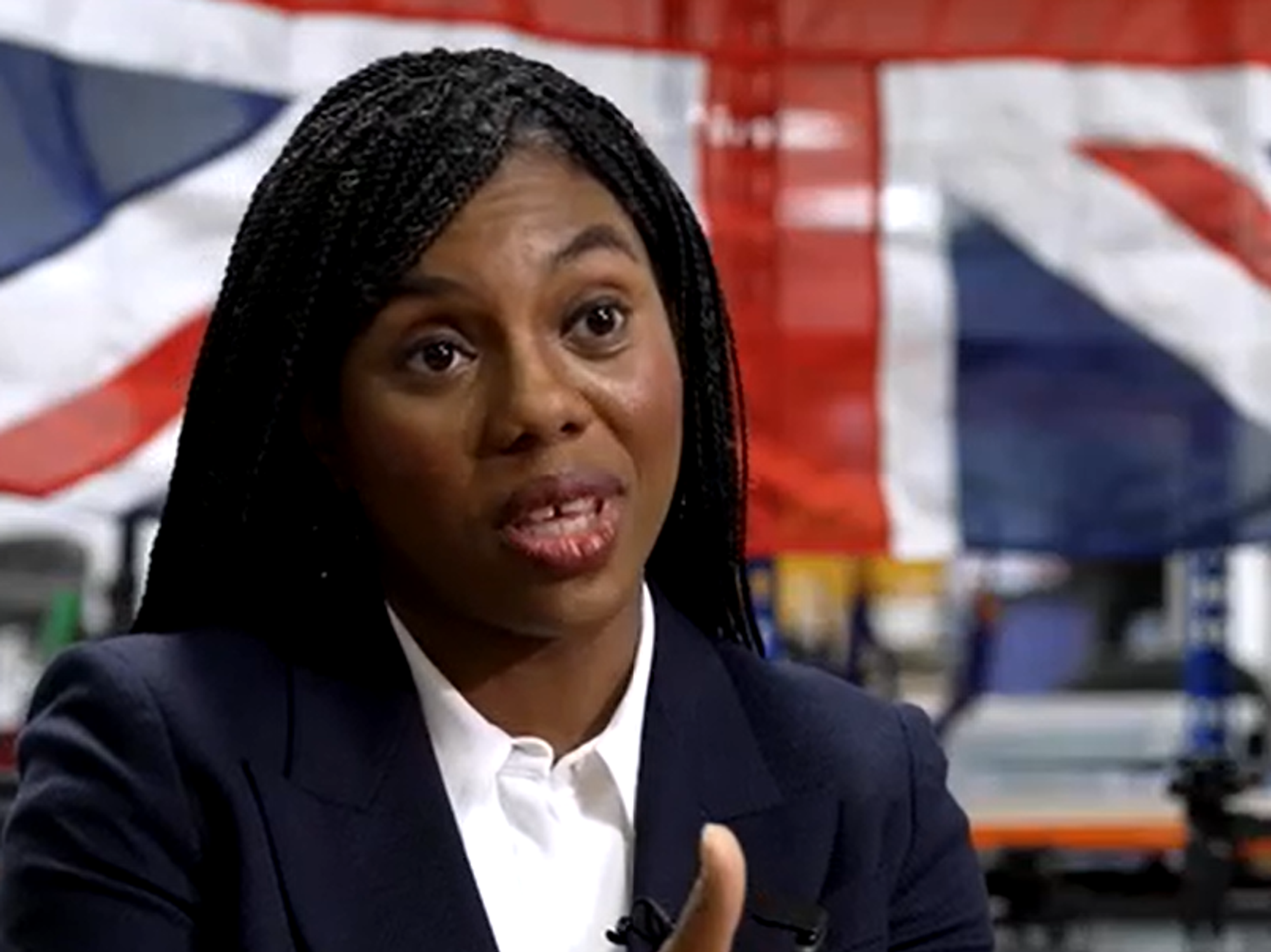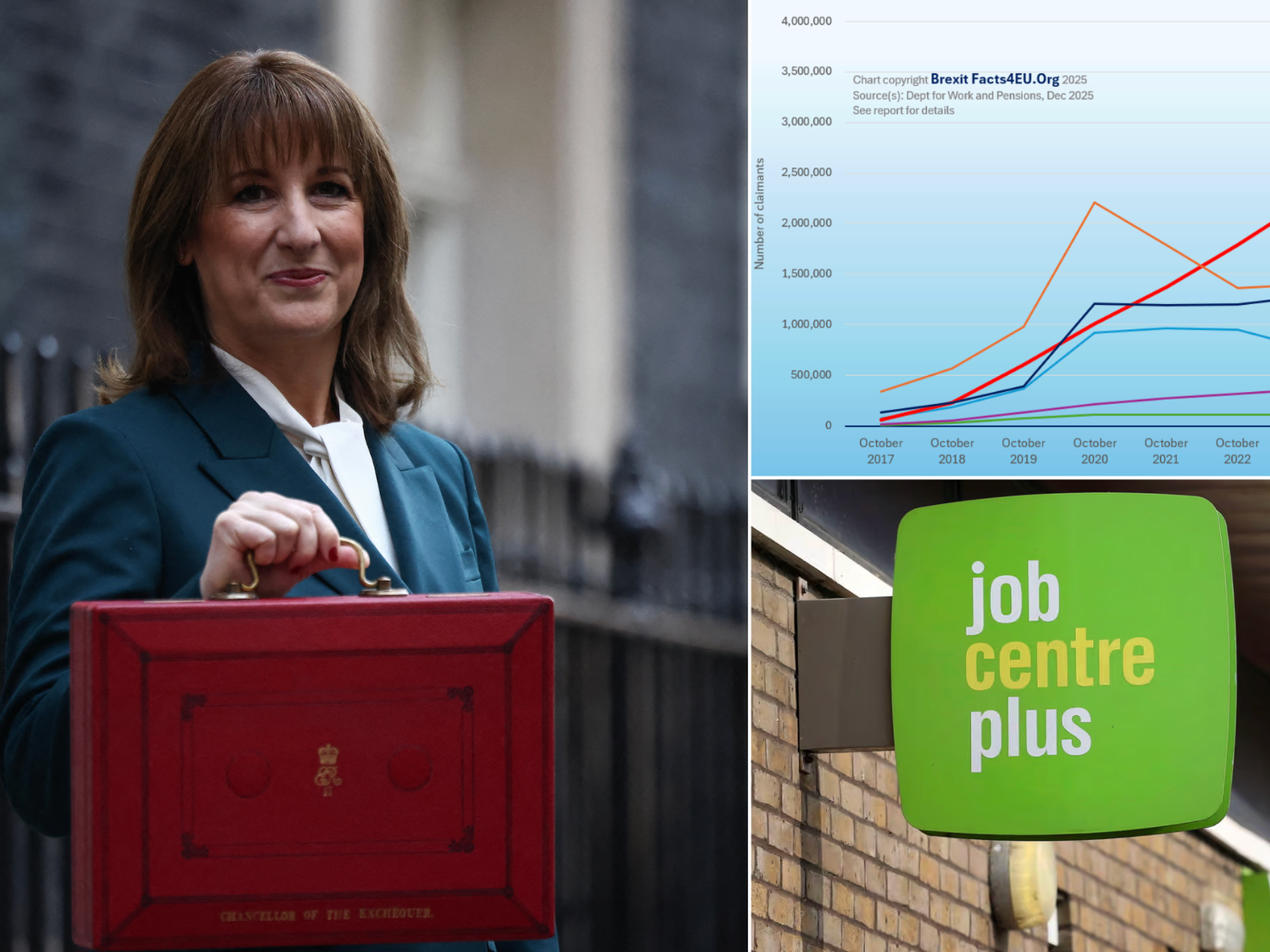VisitBritain tells staff not to use 'racist' words like blacklist - 'Not acceptable!'

An inclusive term sheet has been given to workers at the British Tourist Authority
Don't Miss
Most Read
Latest
Employees at Britain's tourist board have been given a term sheet to foster a "culture of belonging", but it has been slammed as being "out of touch."
Some of the advice given by the British Tourist Authority, also known as VisitBritain, include replacing the term "man hours" with the term "person hours."
The guidance suggested replacing the term "blind spot" with "missed opportunity" as well as the word "blacklist" replaced by "deny list."
VisitBritain, which is funded by the government's Department for Culture, Media and Sport, also warned not to use the term "guru" as it is said to have been appropriated from Hindu culture.
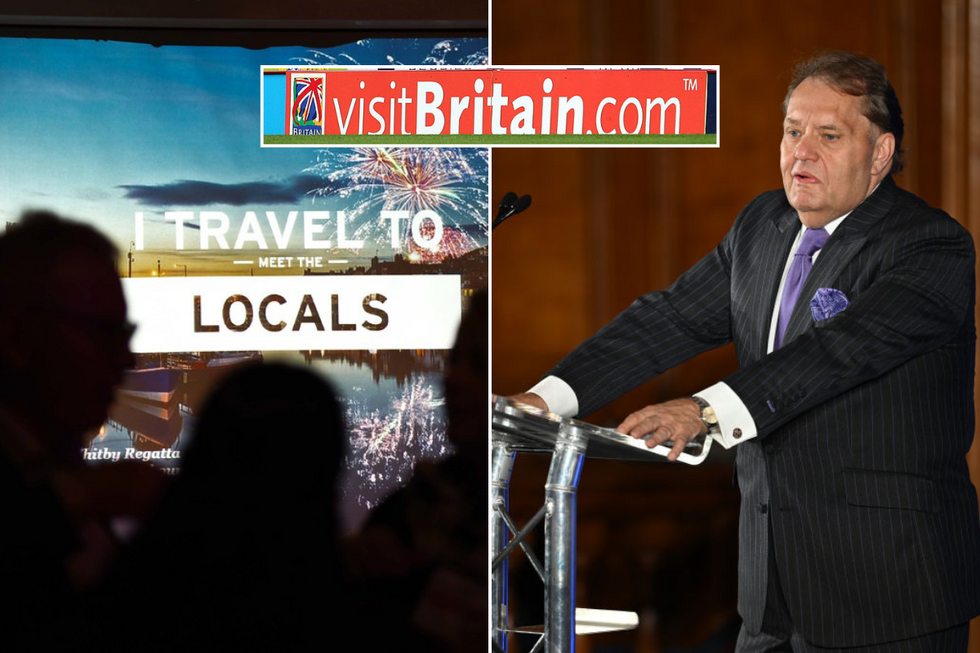
Sir John Hayes has hit back at the proposal
|PA/WikiCommons/Getty
The 50-page guidance was issued in a diversity and inclusion “framework”, sent to the body’s business partners to “help shape the future of events”.
It says: "Words and phrases used for generations are no longer acceptable."
Other sections of the equality pack order event designers to cater for non-drinkers and set up "low sensory rooms" at venues.
Some of the other suggestions include replacing the word "minorities" with "marginalised" and "man up" with "be brave."
LATEST DEVELOPMENTS
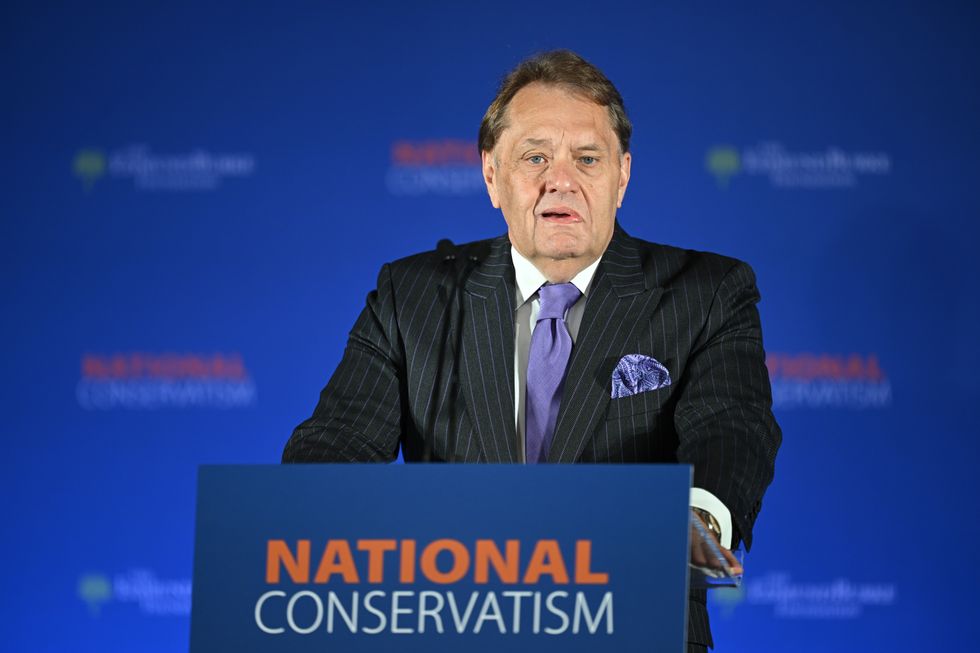
MP for South Holland and The Deepings Sir John Hayes
|Getty
Chairman of the Common Sense Group of Tory MPs Sir John Hayes has hit back at the report.
The 65-year old MP for South Holland and The Deepings told The Sun: "The people behind this document are out of touch. They should be blacklisted and blackballed."
VisitBritain said: “The guide was developed with input from our business events industry partners.”
GB News has approached VisitBritain for a further comment.
It comes after Staffordshire Police caused controversy when they released an inclusive language guide that discourages the term “policeman” in the latest "woke" restriction on freedom of speech.
The guidance urges, “we word our content to avoid masculine and feminine pronouns ('he' or 'she').” with gender-neutral language "preferred".
Senior lecturer in English language and linguistics at the University of Kent Dr Laura Bailey said: "It should be about trying to listen to and understand different perspectives and do whatever we can to avoid offending people, acknowledging that we won’t get it right every time.
"We’re not censoring people, just encouraging people to learn and be considerate. If we look at workplaces over the past few decades, change has been slow – we’re still far from where we need to be on issues such as the gender pay gap. So perhaps we need to speed up."


